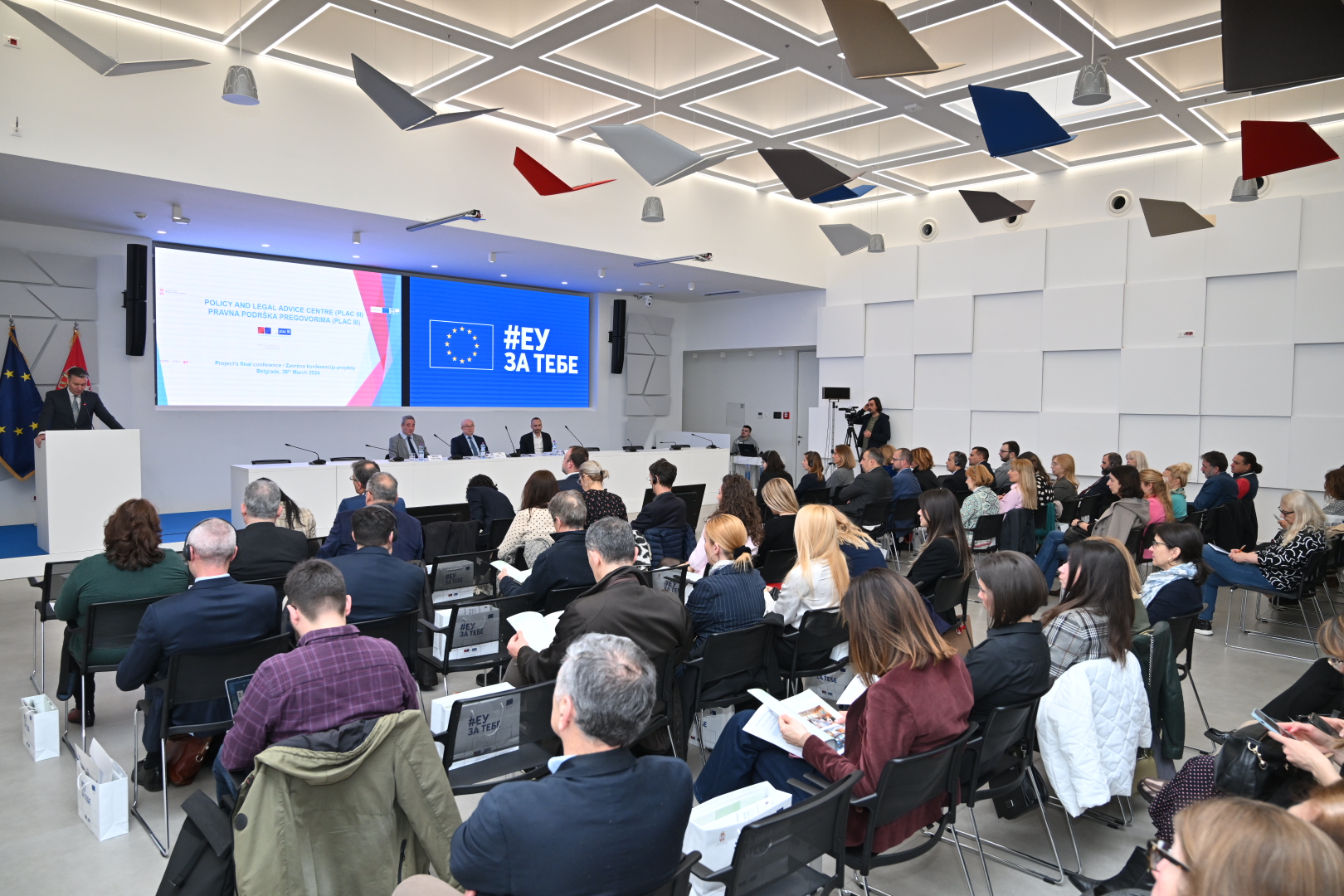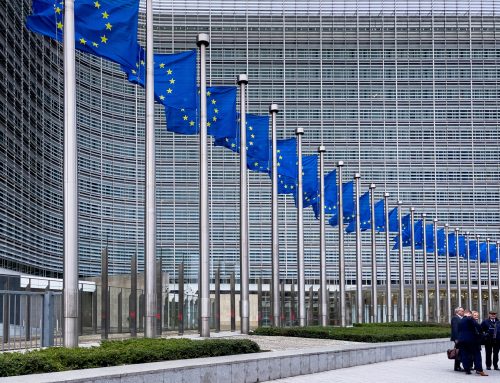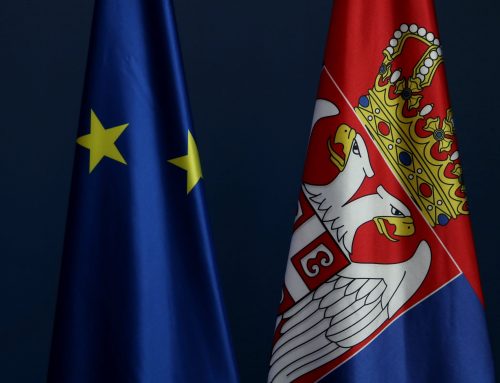One of the longest projects of the European Union in Serbia, PLAC III, which provided support to ministries and other state institutions to adapt Serbian legislation to the EU, is coming to an end.
The project lasted 60 months, and during that period, 136 activities were included, encompassing 14 accession negotiations in which several ministries participated, primarily the Ministry for European Integration, as well as state agencies and regulatory bodies.
Plamena Halacheva, Deputy Head of Delegation of the EU to Serbia, pointed out that “the impact of the PLAC project on the harmonisation of the national legislation with the Union acquis is profound”.
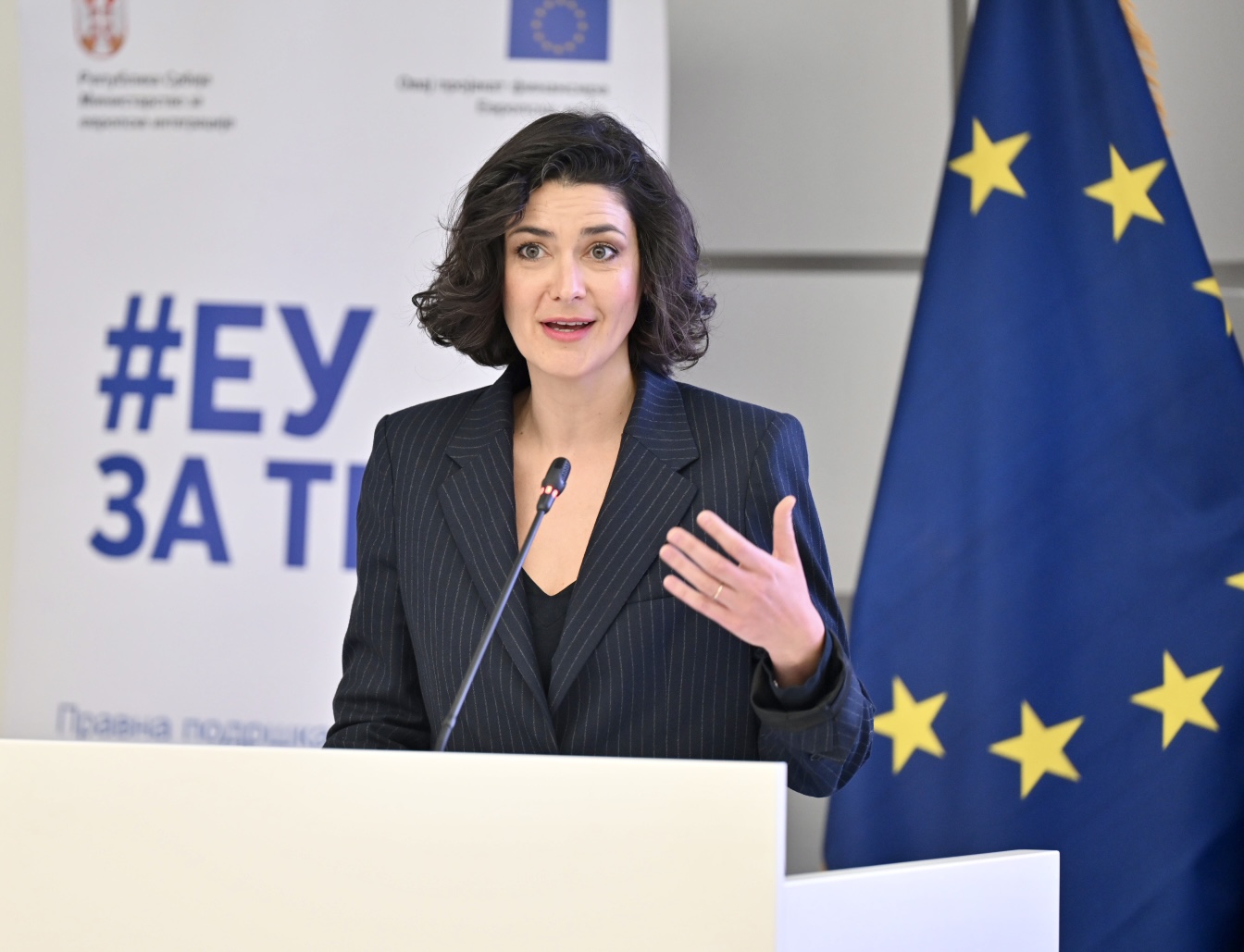
“It has been guiding the Serbian administration through the complex process of aligning their national laws with European standards. It played a pivotal role in preparing the Serbian administration for the screening process and the opening of the 22 negotiating chapters,” said Halacheva.
She stated that achievement is not merely a statistic.
“It represents a very tangible step towards fostering stronger ties between Serbia and the European Union”
The Deputy Head of Delegation welcomed the commitment of the Government of Serbia to the process of harmonisation of legislation and implementation of the Union’s legislation.
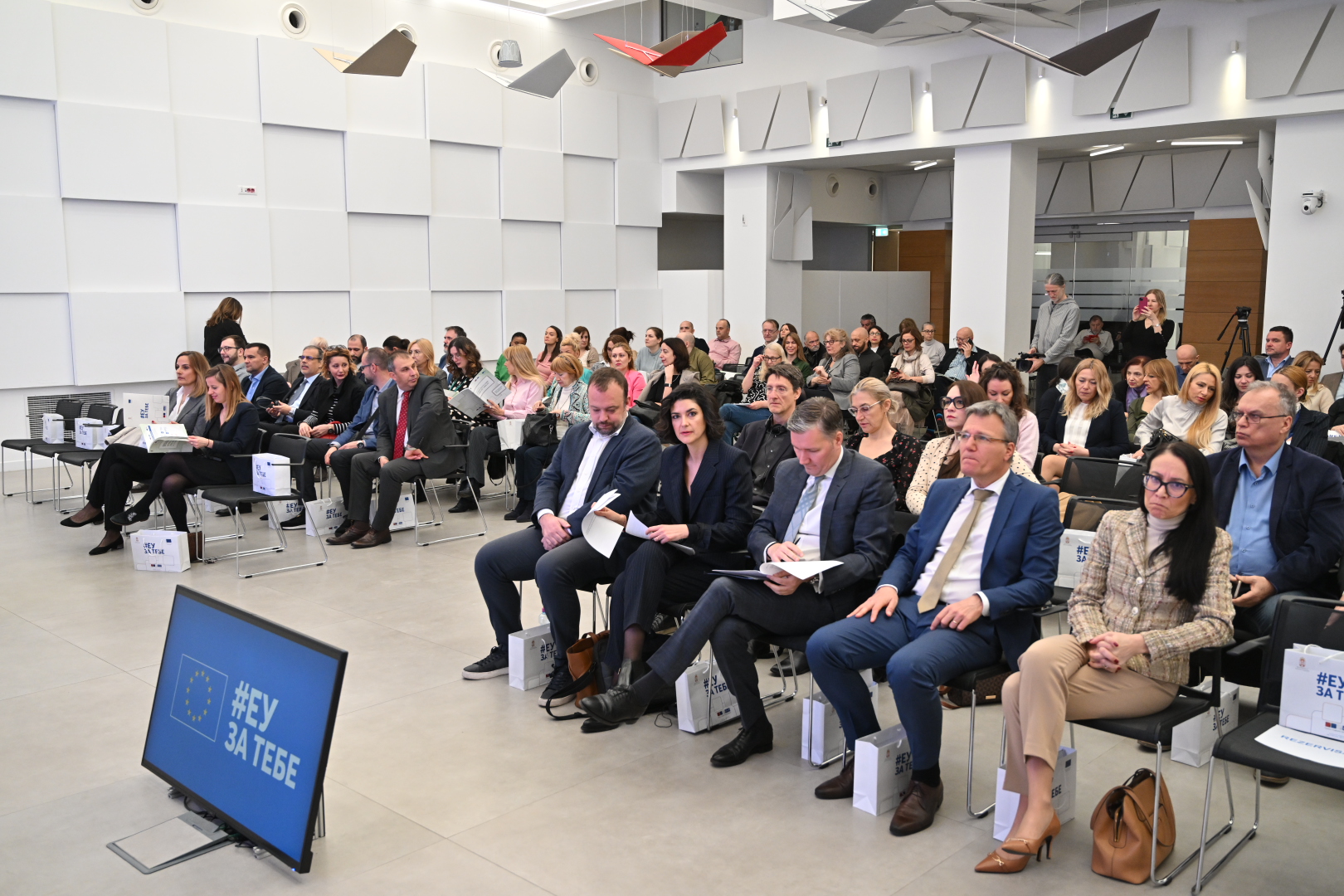
“In addition to this demanding task, Serbia as a candidate country has even greater challenges in the future – to further strengthen and improve the mechanisms of coordination and cooperation between various state administration institutions, to improve its administrative capacities and set them to the level necessary for implementation and to ensure efficient implementation of laws and by-laws in accordance with the Stabilisation and Association Agreement,” said Plamena Halacheva.
The essence of this project, according to Miroslav Gačević, Assistant Minister for European Integration, is the continuous legal support that Serbia has received from the European Union since the beginning of the negotiations.
“The aim of the technical support was to contribute to the harmonisation of Serbian regulations with EU acts. Activities were adapted to current events during the accession negotiations,” said Gačević.
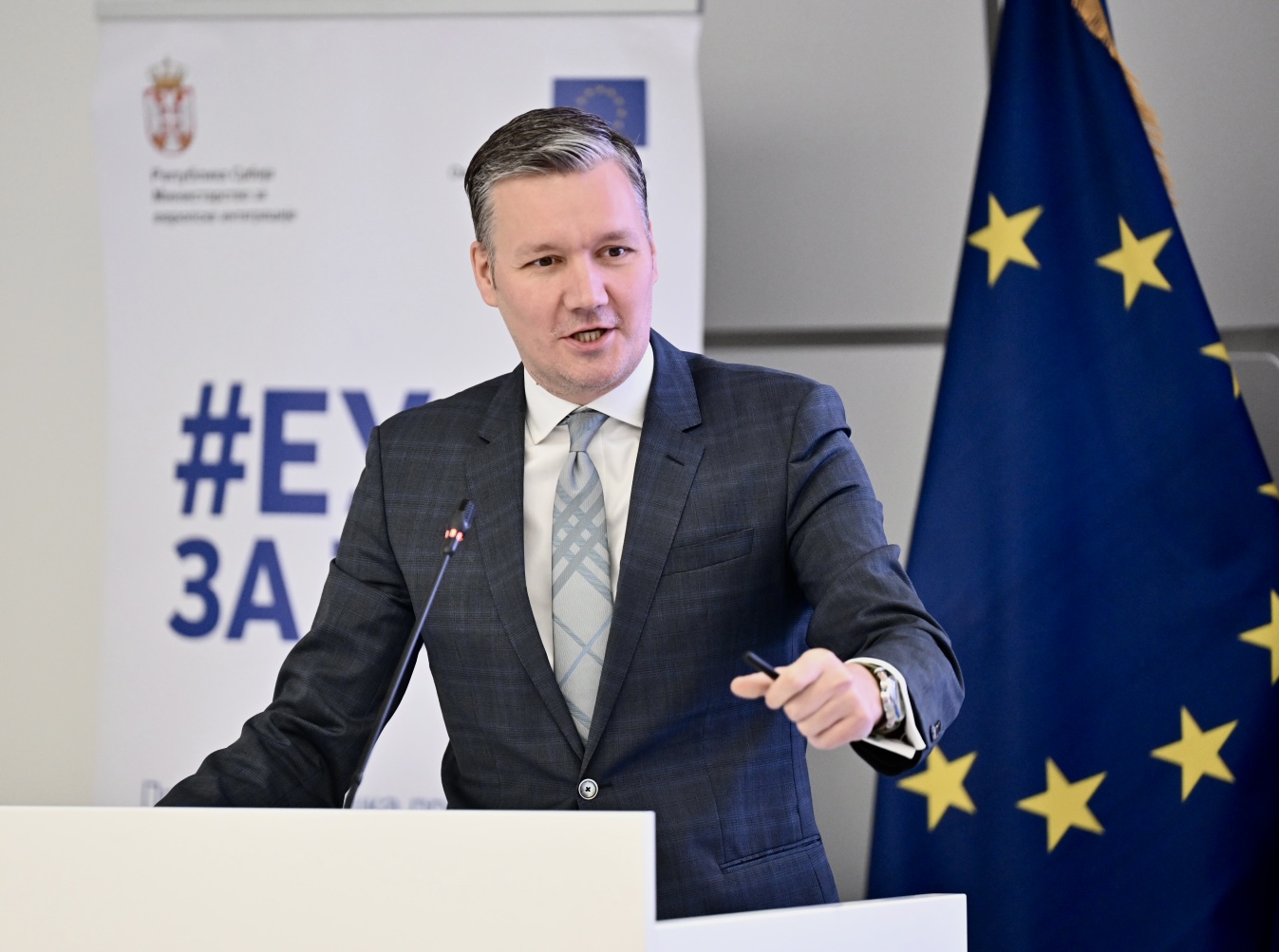
In addition to MEI, other ministries and institutions that work on harmonising Serbian regulations with the EU were also direct beneficiaries.
The Ministry of Health received a wealth of meticulously crafted legislation drafts, all aimed at fortifying health and consumer protection measures.
“The project went well, especially because in most cases the response of the Government of Serbia ministries was very good, because people want to do something and change. And because of that, it happened that the experts hired by the project did more than was initially foreseen: they made additional proposals and created the documents needed for further harmonisation,” said project leader Andrej Engelman.
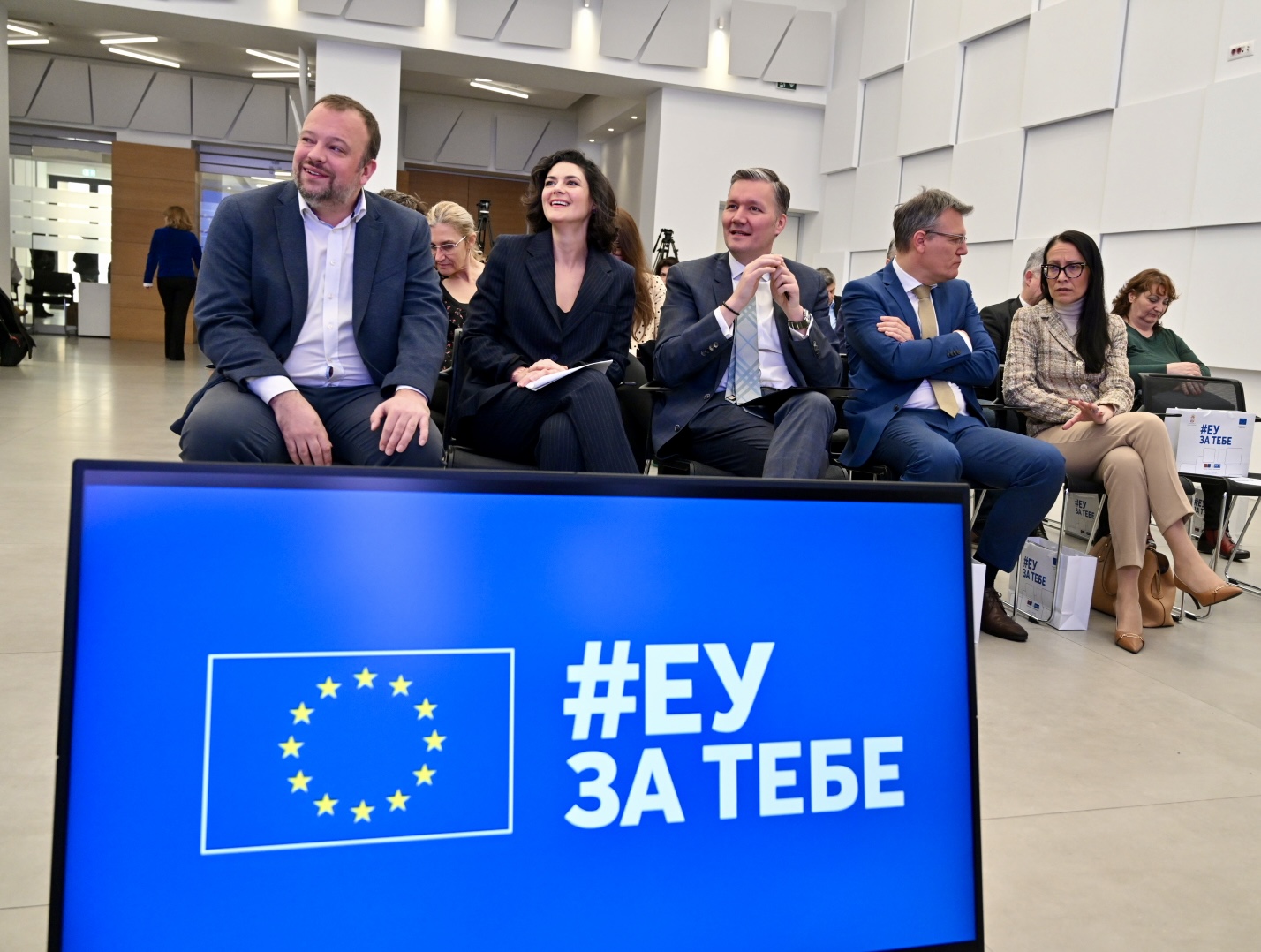
Engelman says that three chapters stand out as the most successful: they are chapters 12, 15, and 27, in which the largest number of activities were organised and on which the largest number of working days were spent.
“Especially in the areas of Chapter 15, a lot has been done in the last two years, from documents related to radiation safety to energy efficiency, which was worked on a lot in the last phase of the project,” said the leader of the PLAC III project.
As Serbia eagerly anticipates the beginning of PLAC IV, sector-specific recommendations echo the urgent call for institutional collaboration to synchronise national laws with EU benchmarks, emphasising the need for diverse perspectives and concerted efforts.
One of the recommendations is the importance of clarity in institutional roles through targeted awareness campaigns.
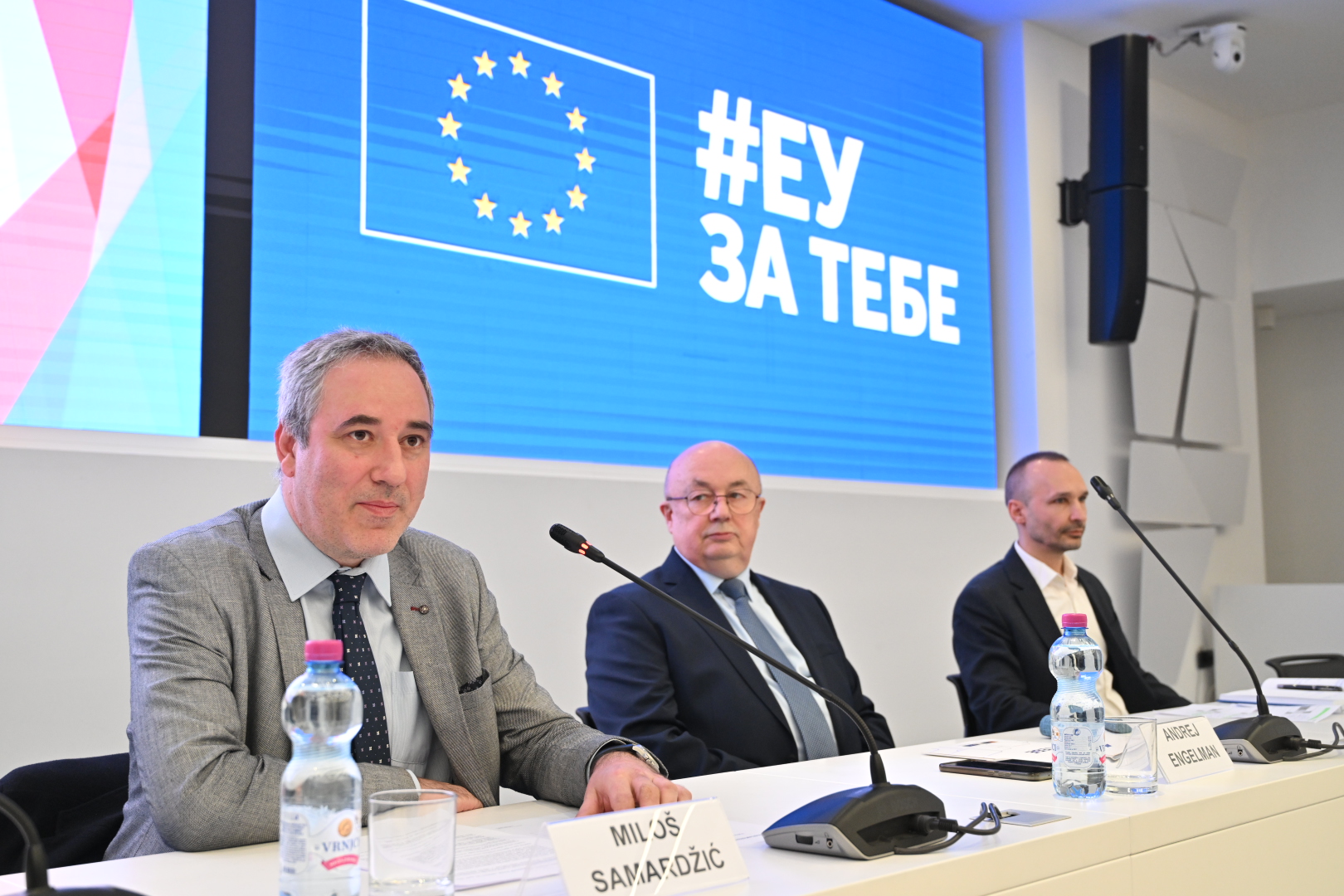
Streamlining legal procedures emerges as a critical imperative to keep pace with the rapid rhythm of accession negotiations, while building administrative prowess remains paramount, honing staff competence and numbers alike.
The spotlight shines on the necessity of robust enforcement strategies to ensure the seamless adoption of harmonised laws, underlining the indispensable role of ongoing staff training.

